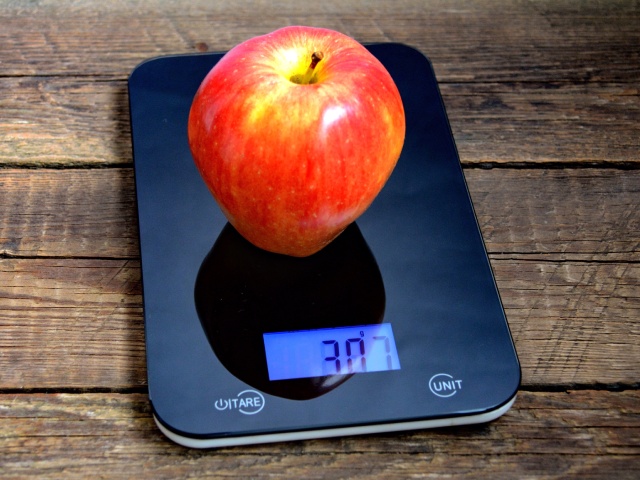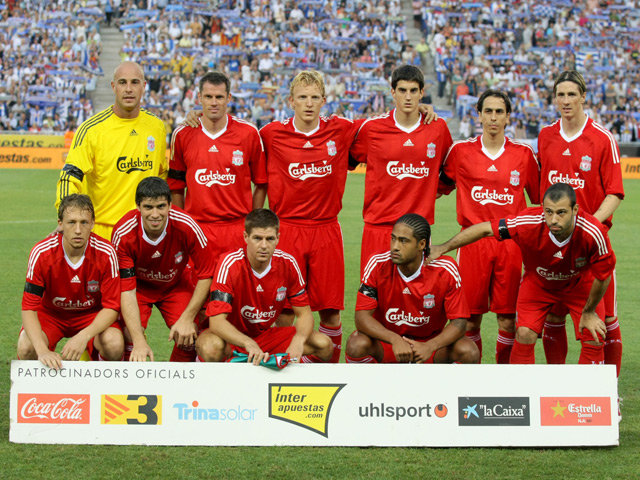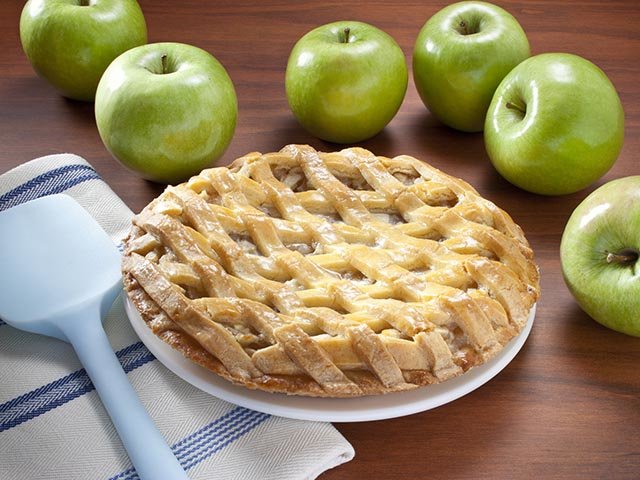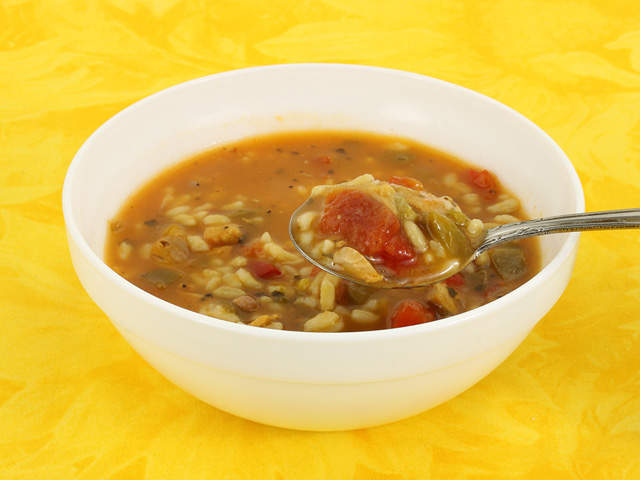By, like, as... (B1)
Prepositions (372)
Předložky s jiným než časovým nebo místním významem
Předložky – procvičování:
Na Landigo máme další lekce na předložky s jiným než časovým nebo místním významem:
- About, with, of... (A2)
- In, on, at (B1)
We beat the boys by two points like last time.
| O kolik: |
|
by two points
|
| Podobnost: |
|
like last time
|


Přehled předložek (prepositions):
- INSTEAD OF
He played instead of me.
Hrál místo mě. - RATHER THAN
He'll play football rather than tennis.
Raději bude hrát fotbal než tenis. - ABOUT/AROUND
He played about an hour.
Hrál asi hodinu. - BY
He won by two goals.
Vyhrál o dva góly. - AGAINST
He played against me.
Hrál proti mně.
- FOR/AT
He bought it for ten dollars.
Koupil to za deset dolarů. He bought it at a high price.Koupit to za vysokou cenu. - BECAUSE OF/DUE TO/THANKS TO
He bought it because of me.
Koupil to kvůli mně. - DESPITE/IN SPITE OF
He bought it despite the high price.
Koupil to i přes vysokou cenu. - EXCEPT FOR/APART FROM
He bought everything except for the chair.
Koupil všechno kromě té židle. - BESIDES/NEXT TO
Besides the chair, he also bought the table.
Kromě židle koupil také stůl. - OF/FROM
The table is made of wood.
Stůl je ze dřeva.
Základním předložkám se věnujeme v lekci: About, with, of... (A2)
INSTEAD OF (místo; namísto) popisuje, že je něco nahrazeno:
|
He played instead of me. (= He played in my place.)
|
|
Sasha got chicken instead of pork.
|
|
We decided to order food instead of cooking.
|
RATHER THAN (raději než) se podobá INSTEAD OF. Na rozdíl od INSTEAD OF vyjadřuje RATHER THAN preferenci:
|
He'll play football rather than tennis.
|
|
You should send an email rather than a letter.
|
|
Let's meet on Sunday rather than on Monday.
|
Melissa might stay in the pool instead of going to the beach with us.
| Místo: |
|
stay here instead of going with us
|
| Raději než: |
|
stay here rather than going with us
|


ABOUT a AROUND (asi; kolem) použijeme pro něco přibližné:








BY použijeme, když chceme říct, o kolik se něco zvýší, sníží, někdo vyhraje apod.:








BY použijeme s trpným rodem, abychom řekli, kdo to udělal:








Pokud mluvíme o nástroji, nepoužijeme BY, ale WITH. Porovnejte:
| Nástroj | Kdo to udělal |
|---|---|
|
It was written with a pen.
|
It was written by Shakespeare.
|
|
He was killed with a knife.
|
He was killed by a thief.
|
O BY a WITH více v lekci: Předložky způsobu




The pictures were taken by a friend of mine.
| Kdo to udělal: |
They were taken by a friend.
|
| Nástroj: |
They were taken with a camera.
|


BY použijeme v ustálených spojeních:
|
by accident
|
náhodou |
|
by chance
|
|
|
by luck
|
|
|
by mistake
|
omylem |
|
by surprise
|
nečekaně |








AGAINST (proti) se často používá se soupeřením:








S konkrétní částkou peněz použijeme FOR:
|
for 20 euro
|
|
for 50 cent
|
|
for one million pounds
|
Pokud částku nezmíníme, použijeme obvykle AT:
|
at a discounted price
|
|
at a low price
|
|
at a new price
|




I bought the motorbike for only three thousand dollars. What a bargain!
|
for three thousand dollars
|
|
at a low price
|


Pomocí BECAUSE OF (kvůli) popisujeme z jakého důvodu/proč se něco stalo:
|
He bought it because of the reduced price.
|
|
Because of the lack of sleep, I'm quite tired.
|
DUE TO (kvůli) a THANKS TO (díky) mají podobný význam jako BECAUSE OF. Na rozdíl od BECAUSE OF se ale používají v určitém kontextu:
| because of → jakýkoliv kontext |
| due to → neutrální/negativní kontext |
| thanks to → pozitivní kontext |
| Because of the news, he's happy/sad. |
| Due to the terrible accident, he died. |
| Thanks to the surgery, he will live. |
Více o vyjádření důvodu a příčiny v lekci: Because of, due to...








Because of our tour guide, we had a great time on the trip.
| Pozitivní kontext: |
|
because of her
|
|
thanks to her
|


DESPITE a IN SPITE OF (přes; navzdory) vyjadřuje kontrast, nebo že se něco stane navzdory něčemu:
|
He bought it despite the high price.
|
|
We enjoyed our holiday despite the terrible weather.
|
|
They went alone in spite of my warning.
|
Více o podobných výrazech v lekci: Although, in spite of, despite...
Despite the long queue, we decided to wait for the tickets.
| I přes něco: |
|
despite the long queue
|
|
in spite of the long queue
|


EXCEPT FOR a APART FROM (kromě; s výjimkou) vyjadřují vyloučení:
|
He bought everything except for the chair. (= He bought everything with the exception of the chair.)
|
|
I like all vegetables apart from broccoli. (= I like all vegetables, but not broccoli.)
|
BESIDES a NEXT TO (kromě; navíc; také) vyjadřují zahrnutí/přidání:
|
Besides the chair, he also bought the table. (= In addition to the chair, he also...)
|
|
I like vegetables next to fruit. (= I like vegetables and also fruit.)
|
Více o předložkách vyloučení a zahrnutí v lekci: Except for, besides...
Who else was at the reunion besides Michael? – All my classmates except for Ann.
| Zahrnutí: |
besides Michael
|
|
next to Michael
|
|
| Vyloučení: |
except for Ann
|
|
apart from Ann
|


Pomocí OF popisujeme, z jakého materiálu/ingrediencí je něco vyrobeno – zejména pokud se struktura materiálu nezmění:








Pokud se struktura materiálu změní, použijeme obvykle FROM:








Our family farm produces butter and cheese from the highest quality milk.
| Ingredience se během výroby změní: |
|
cheese produced from milk
|
|
wine made from grapes
|
|
beer made from hops
|


Pokud mluvíme o ingrediencích k přípravě jídla nebo pití, použijeme běžně WITH:




Excuse me, are these burgers made with lamb or beef?
| Příprava jídla: |
|
made with beef
|
|
made with lamb
|


AS znamená v roli, pozici nebo funkci:
|
He works as a teacher. (= He works in the position of a teacher.)
|
|
As a president, he was very popular.
|
LIKE vyjadřuje podobnost:
|
Mitch looks like a famous actor. (= He looks similar to an actor.)
|
|
She seems like a nice girl.
|
Porovnejte:
| Funkce | Podobnost |
|---|---|
|
As a pilot, Adam is well paid.
|
Like Adam, I'm also well paid.
|
Více se rozdílům mezi LIKE a AS věnujeme v lekci: Like or as?
Jennifer worked as a flight attendant for many years.
| Na pozici: |
|
like as a flight attendant
|


In that photo, you look like your dad.
| Podobnost: |
|
look as like your dad
|


Doporučujeme si procvičit předložky (prepositions) v našich cvičeních.
